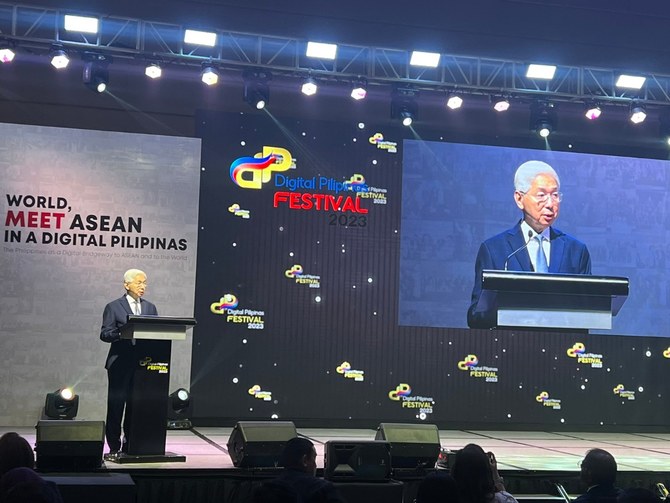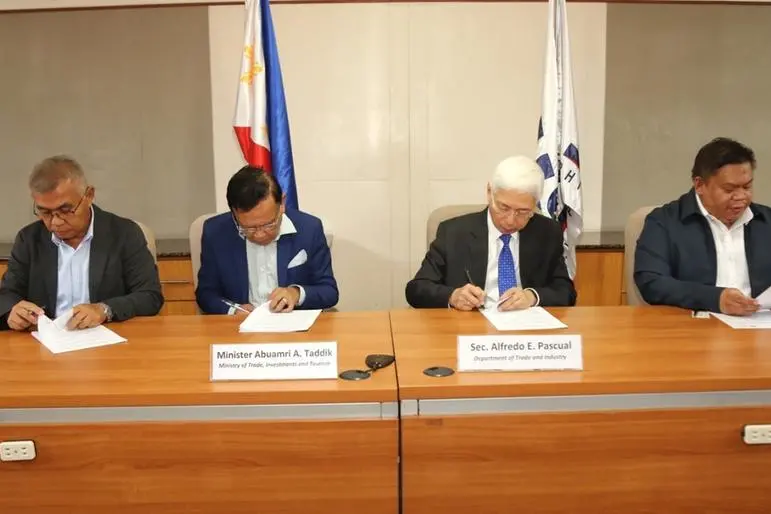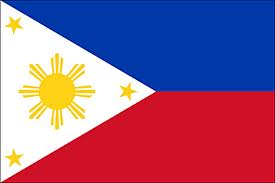 MANILA, OCT. 29 (PIA) — The Department of Science and Technology (DOST) will hold ITS 3rd National Halal Forum in Metro Manila as part of the government’s efforts to develop the halal economy in the country and crack into the multi-billion global halal market.
MANILA, OCT. 29 (PIA) — The Department of Science and Technology (DOST) will hold ITS 3rd National Halal Forum in Metro Manila as part of the government’s efforts to develop the halal economy in the country and crack into the multi-billion global halal market.
Dr. Zenaida P. Hadji-Raof Laidan, DOST-12 Regional Director, said that the Philippines, though a non-Muslim country, has the strategic potentials and the availability of raw materials and manpower to break into the lucrative global halal industry.
Hundreds of international and local halal experts and industry stakeholders are expected to participate the 3rd National Halal Forum that has the theme “Development of a Halal Economy: Role of Science, Technology and Innovation” on October 29-30, 2013 at the Makati Shangri-La in Metro Manila.
“The event will also serve as avenue for discussion and deliberation of national concerns and plans on halal and of government agencies’ programs and projects on halal,” Laidan, a Muslim scientist, said. “It will also help strengthen innovation among key players in the whole spectrum of the halal industry to sustain its development.
The Philippine Science and Technology Program for the Development of the Halal Industry was launched in 2008 with DOST-12 as the lead agency in advancing the program.
Among DOST’s initiatives in pushing the Philippine halal industry include the establishment of a halal laboratory in Cotabato City which is equipped with state-of-the art equipment and facilities; the on-going construction of the bigger Philippine National Halal Laboratory and Science Center in Koronadal City; assistance to Small and Medium Enterprises for product development and process improvement thru the provision of equipment and technologies; human resource development; and halal ICT development.
The initiatives to establish these halal facilities will enable the Philippines to immediately start certifying food manufacturers, especially the large, small and medium enterprises that aim to tap the growing global halal market, Laidan said.
As part of its continuing halal advocacy, the DOST-12 had conducted the 2008 and 2009 National Halal Fora to encourage more local players in the halal industry, she added.
Laidan said that the country needs to ensure the credibility and quality of its export products to enter the global market.
Ensuring the credibility of our halal products can be done only through rigid scientific and technological assessment in adherence to Islamic standards, she said.
Adopting halal requirements in terms of religious aspect alone does not necessarily ensure the food products’ quality and integrity. Testing the food if it is free from haram contamination can be done only through scientific and technological methods, she explained. (DOST/RJB/JCP/PIA-NCR)



